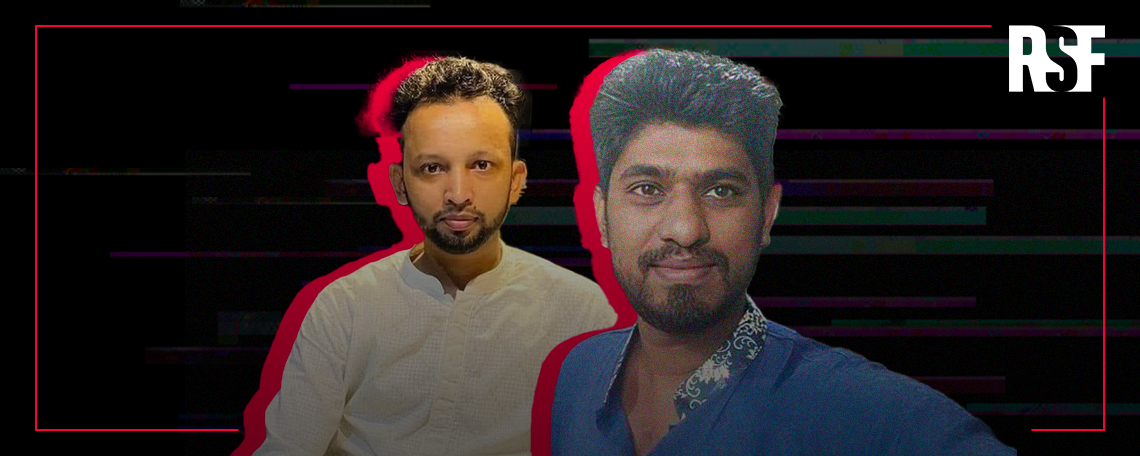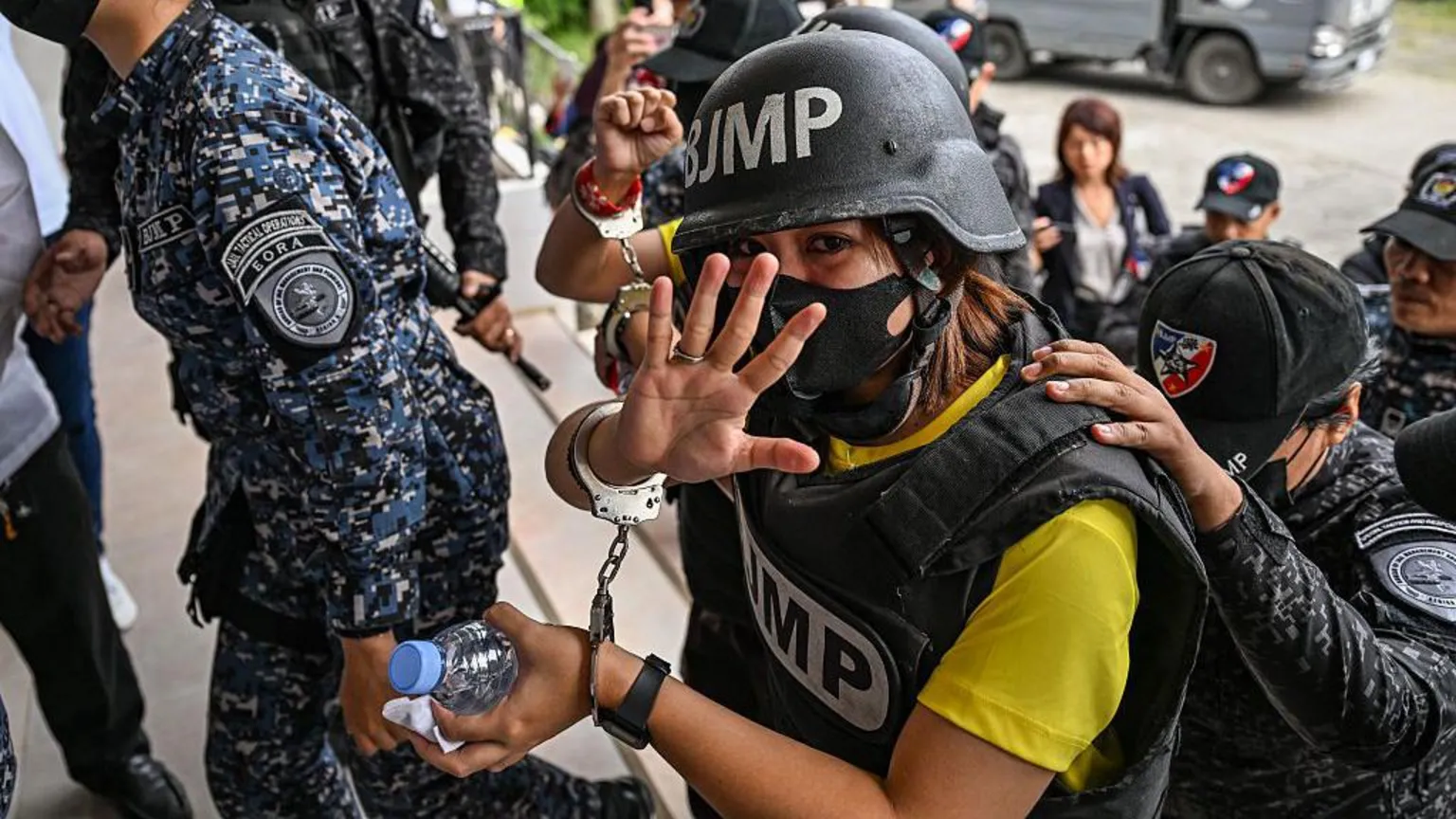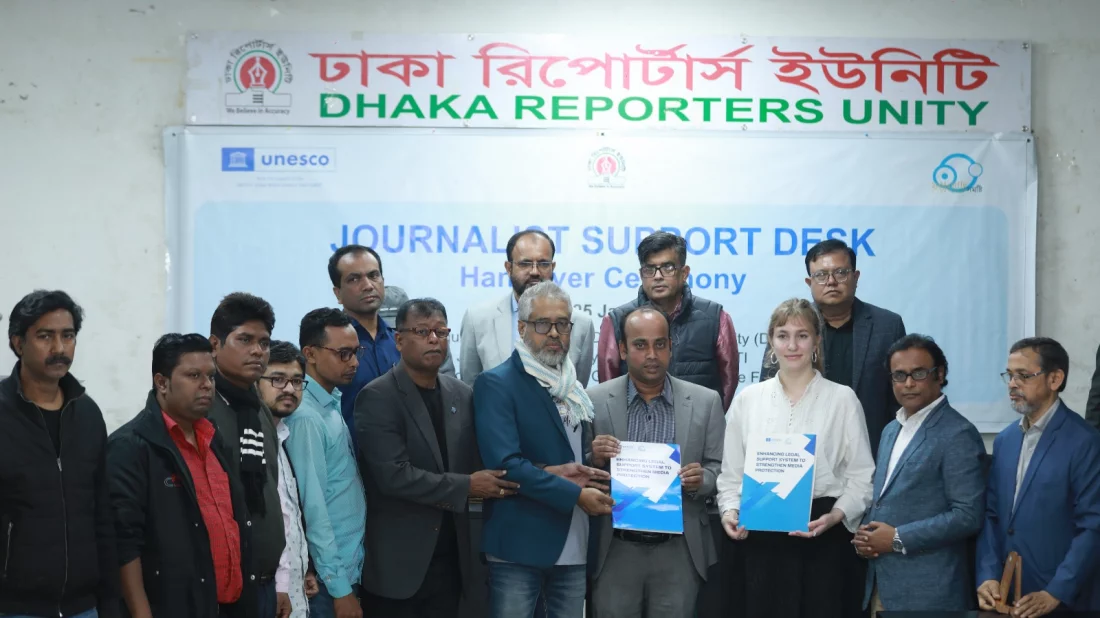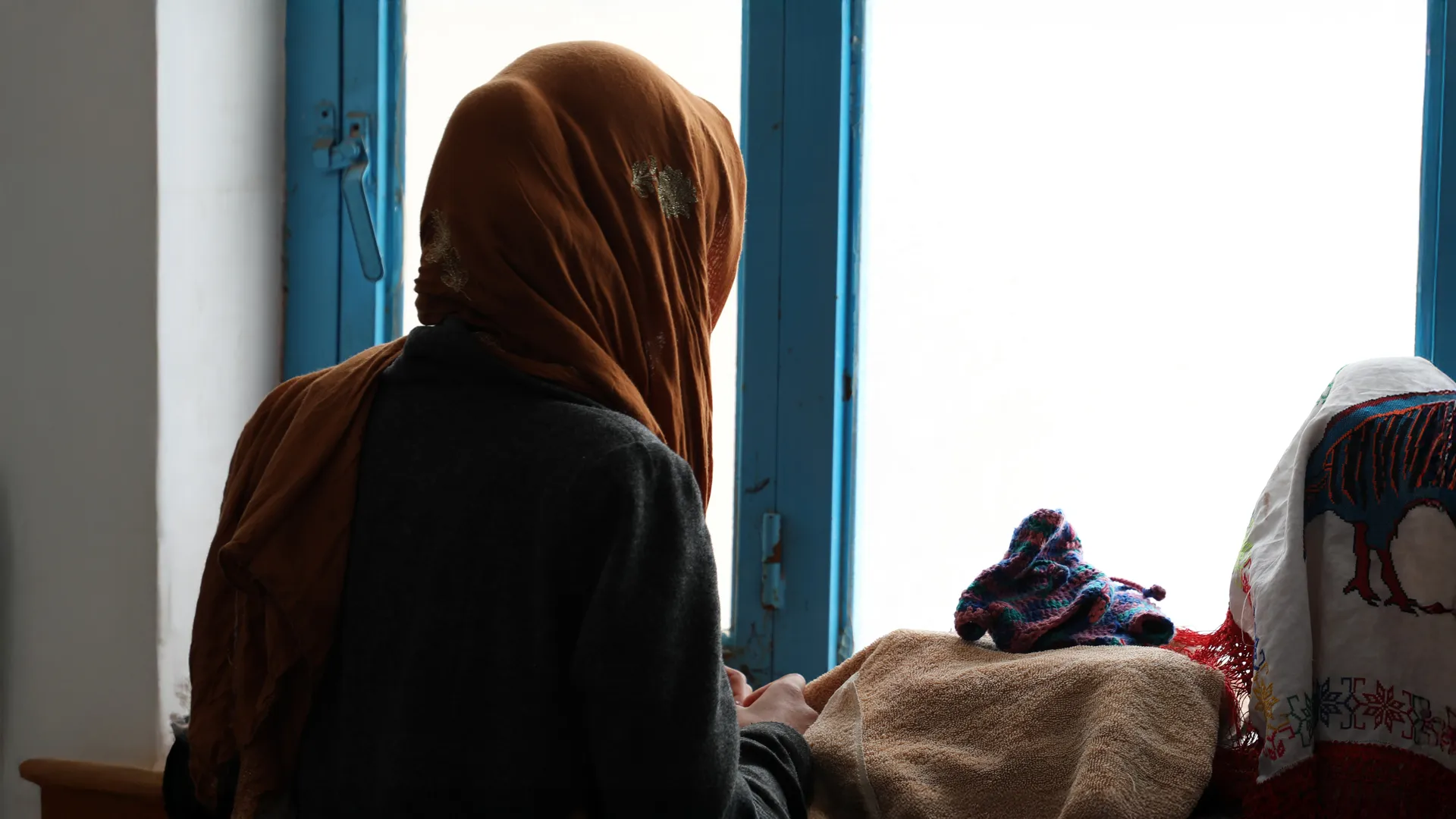
Pakistani Reporter Malik Hassan Zaib Gunned Down in Khyber Pakhtunkhwa Amid Surge in Journalist Killings
July 15, 2024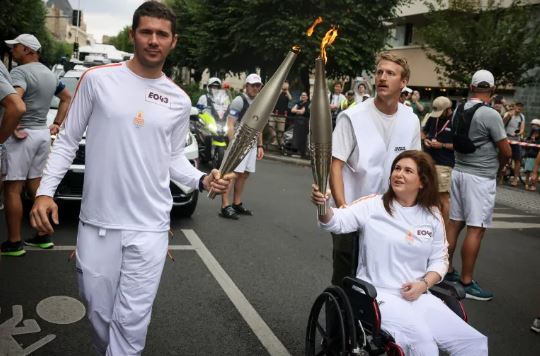
Lebanese AFP Photographer Severely Wounded in Israeli Strike Carries Olympic Torch to Advocate for Press Protection
July 21, 2024July 19, 2024 – Bangladesh –
Bangladesh witnessed a brutal escalation during protests triggered by a High Court decision reinstating a government job quota system. The violent crackdown, led by security forces and ruling-party activists, led to widespread unrest and human rights abuses.
On July 18, 35-year-old Hasan Mehedi, a journalist with Dhaka Times, was shot in the head and killed while covering clashes in Dhaka’s Jatrabari area between protesters and law enforcement. His death is notable as one of several journalist casualties amid the protests.
Reporters Without Borders (RSF) described the incident as part of “deadly protests,” noting that around thirty other journalists were assaulted and injured by bullets, tear gas, beatings, and mob violence, some potentially affiliated with the ruling party’s student wing, Bangladesh Chhatra League (BCL). Among those wounded: Ekattor TV’s Nadia Sharmeen, Muktadir Rashid Romeo, Jiban Ahmed of Dainik Manabzamin, and others targeted while covering events on July 18.
As the unrest intensified, the government implemented a communications blackout, suspending internet and mobile services nationwide on July 19–20, blocking online media, and imposing a curfew. RSF condemned these “brutal violence” and information suppression tactics, urging authorities to disclose full details of Mehedi’s death and bring perpetrators to justice.
The Committee to Protect Journalists (CPJ) and International Press Institute joined the calls, emphasizing that systematic attacks on journalists erode democratic principles and obstruct the public’s right to know. IPI demanded thorough investigations into Mehedi and other journalists’ deaths.
The July protests, known as the “quota reform movement,” extended from June to early August 2024, leading to over 400 fatalities, more than 20,000 injuries, and numerous arrests after the government deployed special forces and implemented a “shoot-at-sight” curfew .
Media advocates warn that the targeting of journalists—a combination of lethal force, beatings, censorship, and communication blackouts—reflects a disturbing environment of impunity and press intimidation. RSF’s South Asia desk head, Célia Mercier, asserted journalists “must be protected and the right to information upheld”.
With extensive international pressure mounting, RSF, CPJ, IPI, and others are urging Bangladeshi authorities to act decisively—releasing transparent findings, holding those responsible accountable, restoring communication channels, and instituting meaningful press protections. Without these measures, press freedom and democracy in Bangladesh remain in jeopardy.
Reference –

